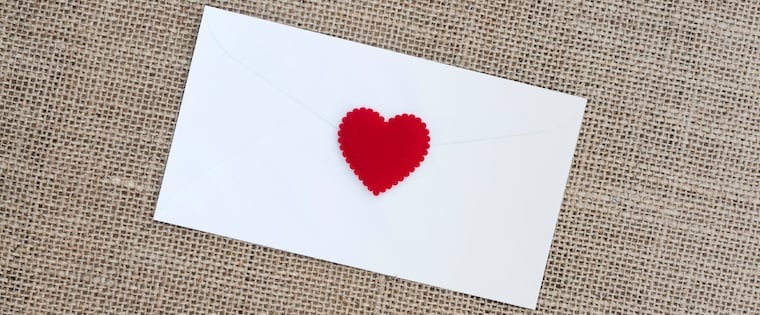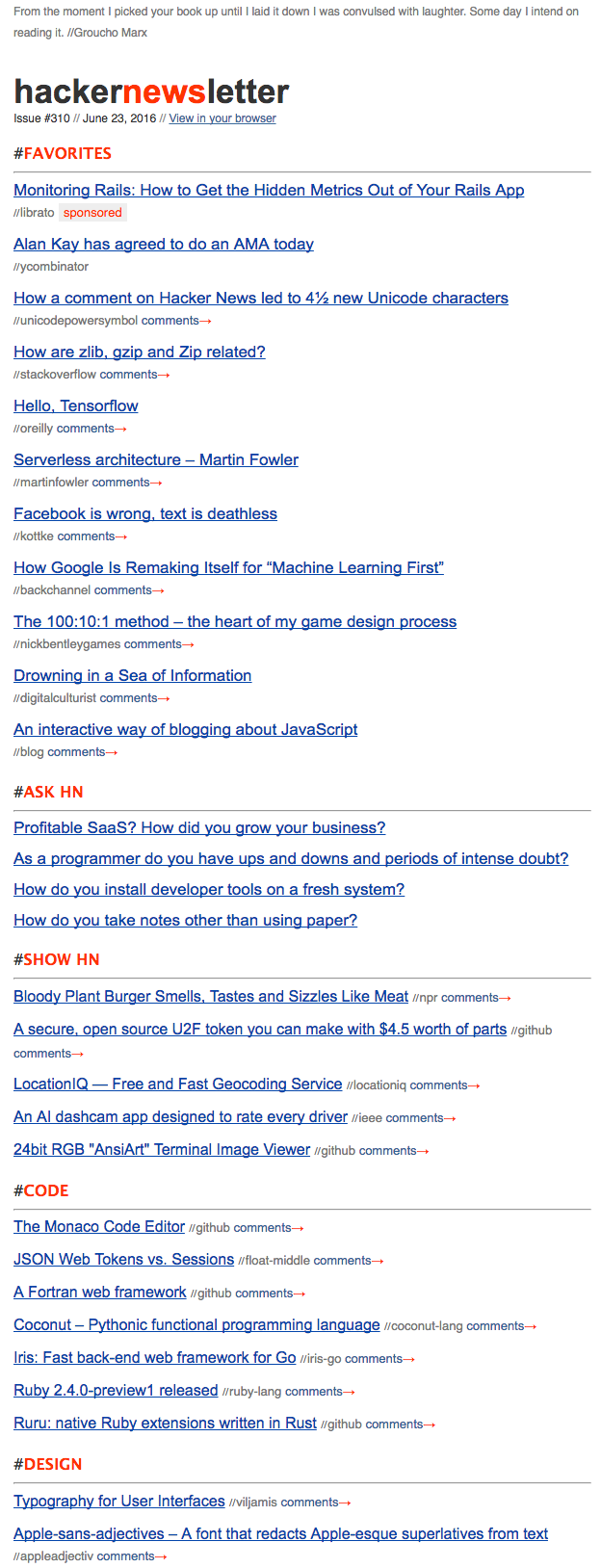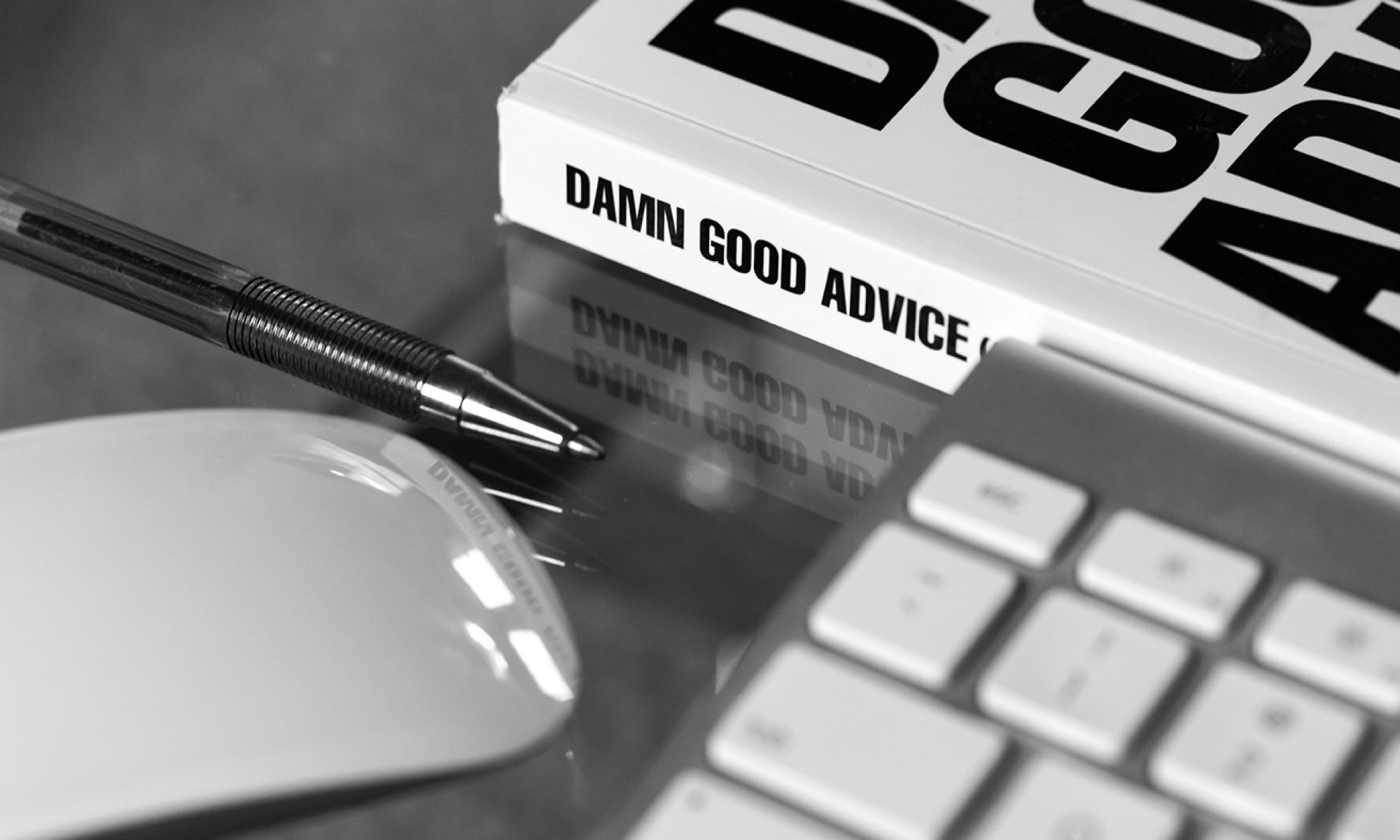
When people first start doing email marketing, they often assume they need an email newsletter.
“It’ll have everything our customers care about, all in one place,” they rationalize. “Our list will be different — people will actually look forward to getting our newsletter,” they argue. “Since we’re only sending it once a month, it’ll be a breeze to put together,” they say.
And while all of those things may become true for a few lucky individuals, lots of email newsletters flop. They become an uninteresting mush of content people automatically ignore, archive, delete, or straight up unsubscribe from. And this isn’t great for you, your metrics, or your company’s success.
Download our free guide to creating email newsletters people actually read here.
So if you’re thinking about creating an email newsletter, read this blog post and think really hard about whether that’s the right move for you in terms of your marketing strategy.
If you’ve decided that you want to start an email newsletter, or you want to revamp one that’s not performing well, keep on reading. We’ve compiled some of our absolute favorite email newsletters to inspire you to make the best email newsletter for your company possible.
Each newsletter on this list is fabulous for different reasons. Some have exceptional design, some have exceptional copy, some have exceptional calls-to-action … but all are exceptional at solving for their subscribers’ needs. Check ’em out.
15 Email Newsletter Samples to Inspire Your Own E-Newsletter Design Ideas
1) NextDraft
NextDraft is a daily email written by a man named Dave Pell, which is a curation of the best web content of the day. As Pell describes it, “Each morning I visit about fifty news sites and from that swirling nightmare of information quicksand, I pluck the top ten most fascinating items of the day, which I deliver with a fast, pithy wit that will make your computer device vibrate with delight.”
You can tell he’s a great writer. His copywriting is one of my favorite things about the newsletter. It starts with the subject line, which is usually a play on words or a clever one-liner on the top news of the day. It then extends to the body of the email itself, which is always descriptive, accurate, and clever. Finally, the minimalist design is fantastic.
Not only is content delivery is clear, organized, and digestible, but also the inclusion of social share buttons underneath each story is brilliant. Rather than assuming that the reader is going to make it to a social sharing option at the bottom of the newsletter, Pell provides them with multiple opportunities throughout. Social engagement can play a big role in growing your newsletter, as every share on social opens up a valuable opportunity to attract more subscribers.
For those who’d rather read news like this in a mobile app, the NextDraft app is free in Apple’s app store.

[Click here to see the entire email.]
2) Austin Kleon
Not to play favorites, but this newsletter from Austin Kleon is one I really look forward to. First, I love the simplicity. It’s not flashy, nor is it overly promotional. That’s the hallmark of a successful email newsletter: The most effective newsletters aim to educate, not sell.
I also love the overall informal tone he takes, as it makes it feel as though you’re hearing from a friend. If you’re looking to lower the barrier between your company and your audience, consider using language that is friendly and inviting, not buttoned-up and jargony.

3) InVision
InVision’s newsletter is a weekly digest of their best blog content, a roundup of their favorite design links from the week, and a new opportunity to win a free t-shirt.
Not only is their newsletter a great mix of content, but I also love the nice balance between images and text, making it easy to read and mobile-friendly. They make great use of animated GIFs in their emails (which you can see when viewing the whole email here). I also love the clever copy on their call-to-action buttons:
- “Cat GIFs on Every Page”
- “Set Your Sights”
- “Why So Serious?”
In addition to classic CTA buttons, they engage their audience at the bottom of every newsletter with a “You tell us!” text CTA.

4) Community.is
Community.is is a handcrafted newsletter created for people who “put people at the center of their work.” This unique concept attracts a variety of readers from executives at ad agencies, to community managers at startups, to marketers and creatives of all shapes and sizes.
In an effort to cater to their melting pot of subscribers, Community.is adopted a three-tier format: Short, Mid, and Long. While an executive may only have time to skim the short stuff, a marketer might be looking for a more in-depth read to spark some inspiration for their next campaign. Organizing a newsletter in this way helps ensure that you’re serving the distinct needs of your audience without it being too confusing.

5) Vox Sentences
Vox Sentences is a nightly email meant to quickly get its readers up to speed on the best stories from the day. The content ranges from the day’s top news to fun stories from all over the web. They do a great job balancing their own content with external sources, and the stories they choose are always really high quality.
You can read Vox’s entire newsletter from start to finish and get a great sense of the stories they’re covering — but you can also click through to any of the linked stories to get a more in-depth approach.

6) Fizzle
Fizzle’s newsletter is aimed at entrepreneurs who want weekly tips on building a business sent directly to their inbox. Although they have a business blog and a podcast, what makes Fizzle’s newsletter unique is that the email content is independent from those other content assets. In other words, it’s written entirely for their subscribers.
The copywriting style makes the newsletter unique and appealing, too: It’s casual, honest, and written like the author is writing to a friend. The writing gives off the vibe of real, down-to-earth business advice — without the fluffy stuff. At the same time, it’s written with clear headers and sub-headers to break it up, and the important stuff is bolded, making for easy skimming.

7) TheSkimm
If you want to stay up on what’s happening in the world and have some delightful writing delivered to your inbox first thing in the morning, look no further than TheSkimm. It’s a daily roundup of what’s happened in the news in short, punch paragraphs.
The best part? You don’t have to click out of the email to read the news if you don’t want to — although they do link to their sources if you want to read further. And when it comes to more complex news topics (think: Brexit or the Cannes Film Festival), they’ll cover the most recent updates but link to their Skimm Guides, located on their website. These guides provide context for larger topics, and are written in the same style as the emails.
For your own email marketing, TheSkimm is the place to go if you’re looking for writing inspiration or for emails without much visual content.

8) Medium
Medium is a blog-publishing platform that has been continuously building momentum since its launch in 2012. Publishing on the site has really picked up in the past few years, and nowadays, there are a ton of people publishing posts on the site every day.
Of course, that means there’s a lot of content for the average person to filter through. To help bring great content to the surface, Medium uses email newsletters. And after I open this newsletter every day, I end up going to visit several Medium posts without fail. (Mission accomplished for Medium, right?)
Here’s why: The newsletter feels pretty minimal. Because of the way that Medium uses colors and section dividers, they’re able to give you a ton of content in one email without it feeling overwhelming. Plus, they offer both a daily and a weekly version of the digest, allowing users to opt in for the email frequency they feel most comfortable with.

9) BrainPickings
BrainPickings is one of the most interesting newsletters out there. In fact, the folks who write it call it an “interestingness digest.” Every Sunday morning, subscribers get the past week’s most unmissable articles about creativity, psychology, art, science, design, and philosophy — topics that are really appealing to a wide audience. At its core, it explores what it means to live a good life.
This is one of the longest newsletters I’ve ever read, but what makes it still work well is how high quality and well packaged the content is.
(Bonus: Check out the delightful microcopy in the top right-hand corner.)

10) Litmus
You’d hope that an email marketing testing company would have great emails … and Litmus definitely does. While the content of the emails is certainly interesting, I’m especially digging the design. The blocks of color help break up the newsletter into sections that are easy to differentiate.
I also like that the text calls-to-action at the end of each post’s description don’t just say something generic, like “Read this post.” Instead, they are matched with specific actions related to the post’s content, like “Get the checklist” and “Discover why you should test.”

11) General Assembly
There are a lot of creative things you can do with images in your emails, from designing your own custom graphics to creating animated GIFs. General Assembly, an organization that helps expand professionals’ skill sets, likes to employ tactics like these in their newsletter.
From their attractive and minimal layout to their concise copy and helpful information, this is a great example of a newsletter that gives subscribers quick information in an easily scannable format.

[Click here to see the entire email.]
12) This.
This. (yes, the full stop is part of the brand name) is another great newsletter for finding — and sharing — the best and most entertaining content on the web. What makes their newsletter unique is that it isn’t just content curated by one person or one team; it’s content curated by a community of people on the internet.
Members are allowed to share one, single link every day — presumably the best content they find the entire day. The result? “We’ve built something we hope will connect you to the best the web has to offer — all its weirdness and beauty and diversity and ambition,” reads the website.
The newsletter consists of the editor’s picks from all the amazing content their community members have shared. Subscribers also have the option of signing up for a custom newsletter, which includes the editor’s picks and a custom feed from curators they can pick and choose. That’s some pretty cool personalization.

13) SaaS Weekly
This is the ultimate SaaS newsletter, from a guy that kind of knows a thing or two about SaaS. (Hiten Shah is the co-founder of CrazyEgg and KISSmetrics).
While his approach is simple, this roundup is packed with value and organized in a way that makes it easy to discover content around your specific interests. Shah does this by breaking the list of curated posts into different sections — Business, Product, Marketing Growth, Tip of the Week, etc. — which makes it easily scannable.

14) The Ringer
Remember Grantland, the sports and pop culture blog owned by ESPN that was started by sports journalist Bill Simmons? In October 2015, ESPN announced it would be ending the publication of Grantland. Shortly thereafter, Simmons formed Bill Simmon Media Group and recruited a whole bunch of former Grantland staffers to launch a brand new newsletter in March 2016 called The Ringer.
Although The Ringer is written and run by many former Grantland employees it’s a different project than Grantland was. Where Grantland focused on sports and pop culture, The Ringer branches out into other areas like tech and politics. Jon Favreau, a former speechwriter for President Barack Obama, is among the contributors. I like how focused they are on experimentation: “We want to have fun, take chances, analyze, theorize, obsess, and try not to take ourselves too seriously,” said Editor-in-Chief Sean Fennessey.
Another differentiator? The Ringer’s website was developed in partnership with publishing platform Medium — which means the newsletter reflects that clean, minimal design.

15) Hacker Newsletter
Many marketers don’t frequent Hacker News, but they should still check out this hand-picked curation of the social network’s top stories of the day.
Why? The newsletter is clean and minimal, but still sends a ton of really great content its subscribers’ way. The way it distills potentially overwhelming information is by bucketing content into sections. The newsletter also looks very similar to the site, so for those who love the site and how it’s laid out, the newsletter feels like a comforting, familiar way to consume content.

Even though newsletters are one of the most common types of emails to send, they are actually some of the hardest to do right. We hope these examples gave you some quality inspiration so you can create newsletters your subscribers love to get in their inboxes.
Which email newsletters do you love? Share your favorite ones with us in the comments so we can keep the inspiration going.
Editor’s Note: This post was originally published in December 2013 and has been updated for accuracy and comprehensiveness.

